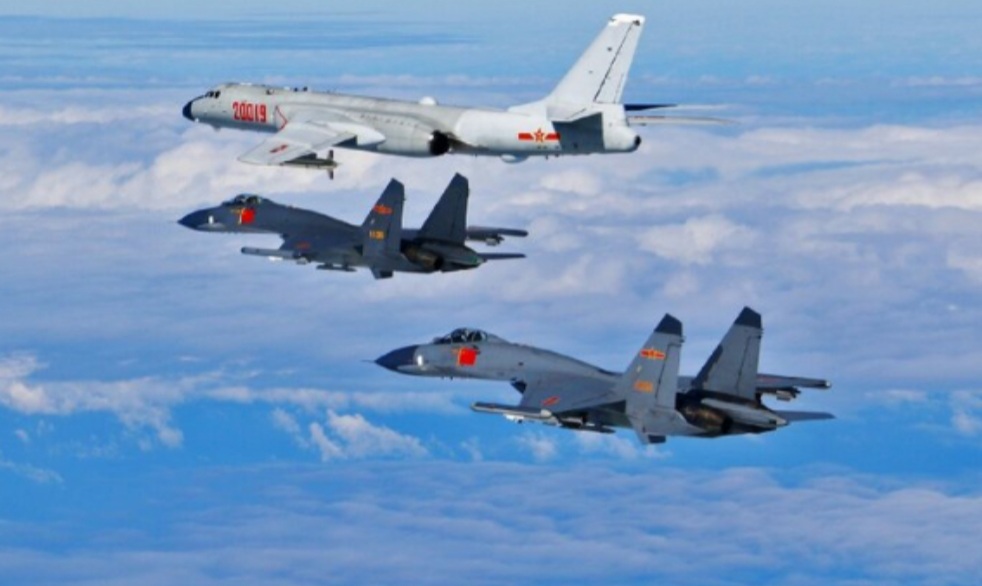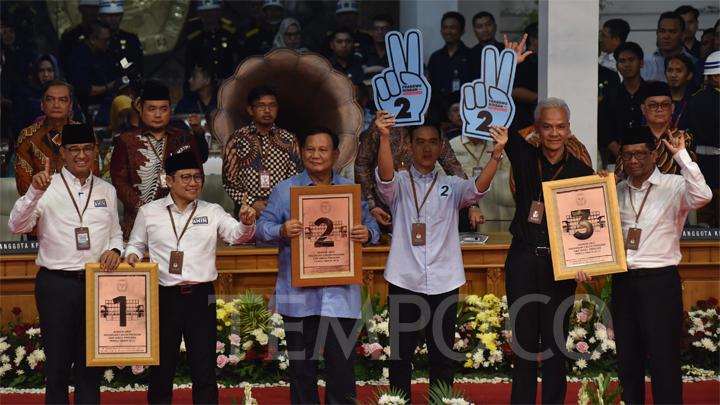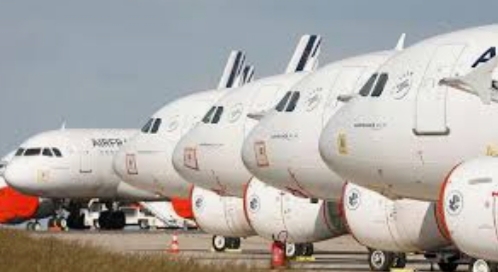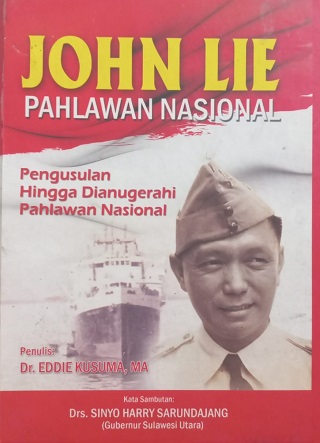The sovereignty of the Unitary State of the Republic of Indonesia "is entirely and exclusively over the airspace of the Unitary State of the Republic of Indonesia," according to Article 5 of Law Number 1 of 2009 Concerning Aviation. In accordance with the Chicago 1944 Convention on International Civil Aviation and the 1982 Law of the Sea Convention, which was ratified by Law No. 17/1985 on Ratification of the United Nations Convention on Law of the Sea, the Unitary State of the Republic of Indonesia is fully sovereign in its airspace as a sovereign state.
Following the realization that airspace has strategic and economic importance, nations started considering legal measures to safeguard their interests, giving rise to a number of global air law conventions. The 1919 Paris Convention and the 1944 Chicago Convention are two international agreements that support state ownership of air space. The principle of air sovereignty served as the foundation for these two agreements.
While considering the sovereignty of the Unitary State of the Republic of Indonesia as a whole, the provisions of laws and regulations in the field of national defense still apply, the State of the Republic of Indonesia has the right and duty to regulate the use of airspace that is a part of Indonesian territory. In order to preserve the Unitary State of the Republic of Indonesia's control over its airspace for the benefit of the greatest number of people, particularly for aviation, the Unitary State of the Republic of Indonesia must acquire and develop technology.
The core idea of the state as a sovereign entity, people, and territory, as well as the interpretation or perception of threats, are all strongly tied to the problem of management and defense in border regions. Therefore, it is possible to consider the management and defense of border regions as an integral part of all efforts to establish the existence of a state with protected territory, population, and sovereignty. The ability to defend the nation's core principles is essentially what is meant by the idea of "national security," which is understood in its entirety. Achieving this goal entails using all available means of power and resources, as well as addressing all facets of daily life.
Strict safe airspace regulations apply to every state. A nation's national air space is entirely off-limits to all foreign aircraft, including military and civilian, and only with the state's consent via bilateral and multilateral agreements can foreign aircraft enter or travel through the national air space.
A civil or military aircraft from one nation that enters the airspace of another without that country's prior consent is said to be infringing that country's airspace. According to various cross-border incidents, violations occur frequently in Indonesia and are not particularly dangerous, but the Indonesian state must take urgent action because one country is violating another's sovereignty.
Due to a number of problems, including a lack of technology possessed by Indonesia, a weak radar system, a lack of aircraft, and a lack of defense equipment, Indonesian airspace monitoring is still regarded as being subpar. This problem serves as a crucial reminder that Indonesia's security and sovereignty may be at risk due to the enormous number of foreign aircraft that enter Indonesian airspace without a flight permission.
According to the reality on the ground, a lot of foreign aircraft fly across Indonesian airspace without the ground control towers' consent. Military aircraft made up the majority of foreign aircraft that were allowed to fly without a permit. This issue has frequently arisen. Consider the conflict between Indonesia and Australia as a result of the numerous illegal flights and black planes. The Australian Air Force's F-18 Hornet jet, which was believed to have illegally invaded Indonesian airspace above Roti Island, was expelled by the Indonesian Air Force's F-5 Tiger fighters, which also caused tension.
Last but not least, the landing of Malaysian military aircraft in Ambalat's territorial seas, which are also claimed by Malaysia as its sovereign territory because the talks on the two countries' territorial disputes are still ongoing.
From the aforementioned findings, it can be inferred that the Chicago Convention of 1944 and Law Number 1 of 2009 concerning Aviation, which states that the sovereignty of airspace is recognized by international law, expressly regulate the regulation of air sovereignty violations by foreign aircraft. Each nation has the freedom to decide which areas are accessible to both civil and military aviation and to conduct any other activity above its airspace.
In the event of a violation, law enforcement will also be based on Flight Status. The Indonesian Air Force is in charge of enforcing airspace sovereignty through air defense activities such as detection, identification, and prosecution. Enforcement of Indonesian air space law may be hampered by the Main Equipment (Alutsista) of the Indonesian Air Force's inadequate capacity, which has not yet met the minimal limit of defense power. Every surveillance and defense operation in Indonesian airspace is determined by the caliber and amount of human resources that operate defense equipment.
The issue may be boiled down to three elements, namely: the difficulty of implementing sanctions on personnel (pilots); the passage of foreign aircraft into Indonesian airspace in violation of entry licenses; and the fact that the majority of these foreign aircraft are military aircraft. The fine is too low, which leads to a cost imbalance between the pursuit costs incurred by the TNI-AU and the fine imposed by the Ministry of Transportation, and dualism, because the operator is a foreign legal entity that is outside the jurisdiction and territorial region of Indonesia. so that disagreements exist in how the TNI-AU and the Ministry of Transportation approach and resolve cases of violations of foreign aircraft flying permits.
The significant number of foreign aircraft entering Indonesian airspace without a flight authorization from the government, in this case the Indonesian Air Force, is a serious concern for the security and sovereignty of the territory of the State of Indonesia.
It is advised that the government swiftly enact a special law that closely polices the Indonesian state's airspace. In order to maintain the state's sovereignty and security in the airspace, this is absolutely important. Additionally, the government's role in establishing laws and regulations that ensure legal certainty and bureaucratic reform in the aviation industry through steadfast law enforcement can boost the national aviation industry's competitiveness.
Ikuti tulisan menarik Riski Hanif lainnya di sini.




















